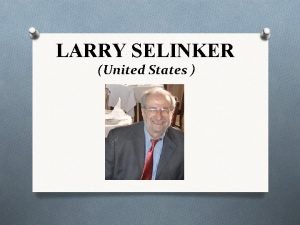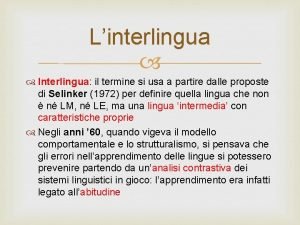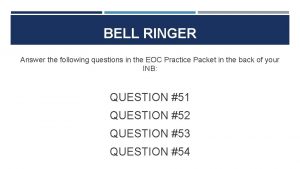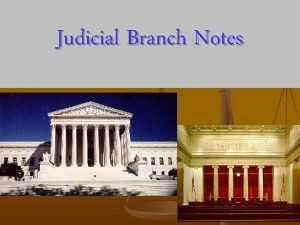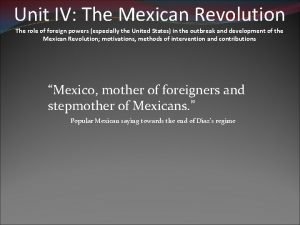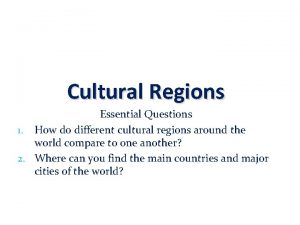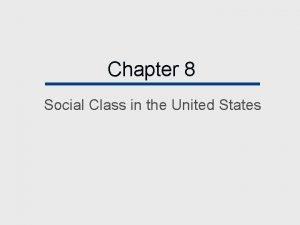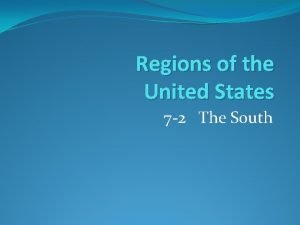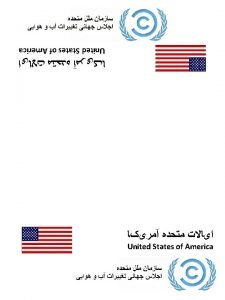LARRY SELINKER United States O Larry Selinker was













- Slides: 13

LARRY SELINKER (United States )

O Larry Selinker was born in 1937. Larry currently lives in New york. O Birkbeck, University of Lon. don

O Selinker defended a Ph. D thesis on A Psycholinguistic Study of Transfer at Georgetown University in 1966. O Selinker coined two terms in the 1970 s which are fundamental to the field: interlanguage and fossilization.

What is ‘Interlanguage’ ? In term ‘interlanguage’ was coined by the American linguist, Larry Slinker, in recognation of the fact that L 2 learners construct a linguistic system that draws, in part, on the learner’s L 1 but is also different from it and also from the target language. A learner’s interlanguage is, therefore, a unique linguistic system.


The concept of interlanguage involves the following premises about L 2 acquisition: O The learner constructs a system of abstract linguistic rules which underlies comprehension and production of the L 2. This system of rules is viewed as a ‘mental grammar’ and is reffered to as an ‘interlanguage’. O The learner’s grammar is permeable. That is, grammar is open to influence from the outside. It is also influence from the inside. O The learner’s grammar is transitional. Learners change their grammar from one time to another by adding rules, deleting rules, and restructuring the whole system. This is results in an interlanguage continuum. That is, learners construct a series of mental grammars or interlanguages as they gradually increase the complexity of their L 2 knowledge.

The concept of interlanguage involves the following premises about L 2 acquisition: O Some researchers have claimed that the systems learners construct contain variable rules. That is, they argue that learners are likely to have competing rules at any one stage of development. However, other researchers srgue that interlanguage systems are homogenous and that variability reflects the mistakes learners make when they try to use their knowledge to communicate. O Learners employ various learning strategies to develop their interlanguages. The different kinds of errors learners produce reflect different learning strategies. O The learner’s grammar is likely to fossilize. The prevalence of backsliding is typical of fossilized learners. Fossilization does not occur in L 1 acquisition and thus is unique to L 2 grammars.


This concept of interlanguage offers a general account of how L 2 acquisition takes place. It incorporates elements from mentalist theories of linguistic (i. g. the nation of a ‘language acquisition device’) and elements from cognitive psychology (i. g. ‘learning strategies’).

First Language Transfer in communication involves the use of the L 1 either to receive incoming messages (reception) or to process output (production). Transfer in learning occurs when the learner uses the L 1 in an attempt to develop hypotheses about L 2 rules. There are several possibilities for transfer: 1) it is primarily a characteristic of communication 2) it is primarily a feature of learning 3) both communication and learning transfer are significant and interrelated aspects of L 2 acquisition.

Language Transfer

Fossilization O Cease learning a language before they reach target language norms. O This happens despite students receive L 2 input and passage of time. O More likely to happen among older L 2 learners. O Also depends on social identity and need to communicate

Issues with Fossilization Should individuals be considered “fossilized” if… O They retain a foreign accent despite being fluent in the language? O The students don’t want to “sound native” Should “progress” be measured against native -speaker norms?
 Interlanguage larry selinker
Interlanguage larry selinker Ipergeneralizzazione linguistica
Ipergeneralizzazione linguistica Bell ringer response sheet
Bell ringer response sheet 3d ffa emblem project ideas
3d ffa emblem project ideas Judicial branch
Judicial branch What the united states has fought for
What the united states has fought for What is the highest court in the united states? *
What is the highest court in the united states? * United states bureau of labor statistics
United states bureau of labor statistics Perceptual regions of the united states
Perceptual regions of the united states The united states ought to provide a universal basic income
The united states ought to provide a universal basic income What are the social classes in the united states
What are the social classes in the united states What states are west of the mississippi river
What states are west of the mississippi river 7 regions of the united states
7 regions of the united states The united states has a mixed economy true or false
The united states has a mixed economy true or false
